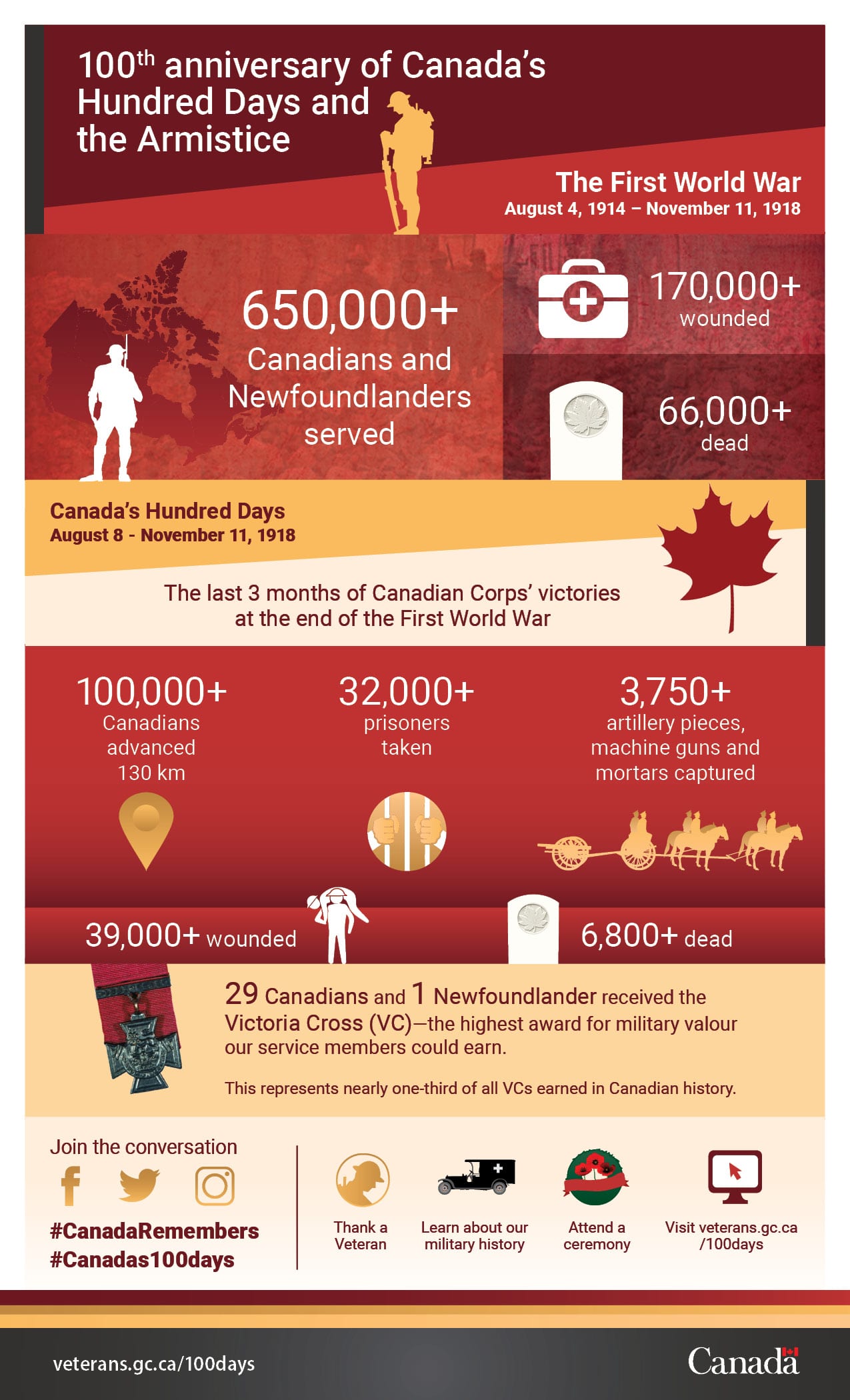Learning from Home – One RRC Student’s Experience
The past four weeks have been a learning experience like no other. At different times, I have felt disoriented from my loss of structure, frustrated with technological problems, and distracted by the uncertainty of the future. On the other hand, I have also forced myself to work on the art of time management, been proud of my organization skills, and felt tremendous support from my classmates. Here are some of those triumphs from the past few weeks.
Connected Classroom
My class is made up of very few people. As a result, we have grown quite close over the past two years. When it was decided that RRC would be shifting to online learning due to the COVID-19 outbreak, I was scared about what that would mean for our classroom dynamic.
What I have found is that we are staying connected and closer than ever. With frequent questions, library memes, and positive words flowing through our WhatsApp group chat, we are able to maintain the support system that we created in the classroom. Looking for ways to connect with your peers? Check the Working from Home Guide for Students for some tools you can use!
Future Preparedness
I was thinking this past week about the positives that could come from this uncertain time. Specifically, in regard to the many of us who are going to be finished our programs and heading out into the working world: a scary thing to do even without a global pandemic. What came to mind is that though this situation is oftentimes overwhelming, it has allowed us to learn skills that we may never have otherwise discovered.
For example, we may have learned how quickly and effectively we can adapt to new situations and circumstances. More than that, we may have learned new ways to present information. Above all, we learned that we can efficiently work and finish projects in a time of crisis. These are all skills that we can attest to in future job interviews when they come.
Want to share your learning triumphs in the COVID-19 pandemic? Reach out to us on Twitter or chat with a library staff member using our online service desk.
Online Service Desk Hours
While the Library’s physical doors are closed, the online service desk is still running and ready to serve you. Staff are online during the following hours:
During this time, a staff member is available to chat or answer your email. Simply visit library.rrc.ca and click on the Ask Us button or send an email to library@rrc.ca.
Written by: Olivia Oborne, Library Information and Technology student

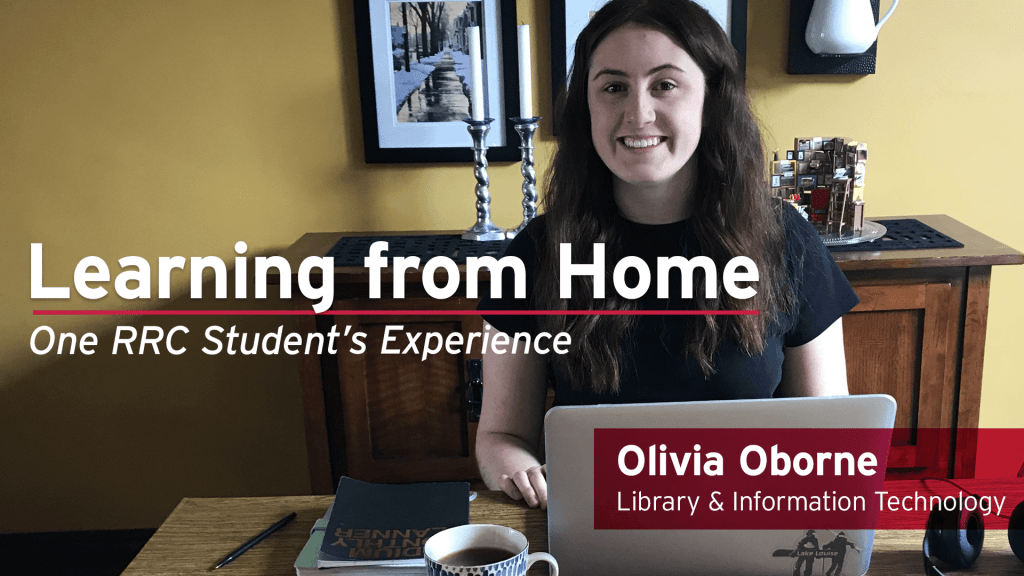

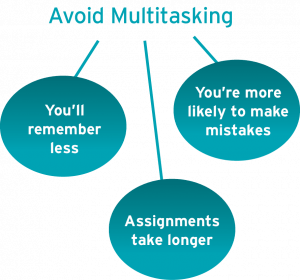
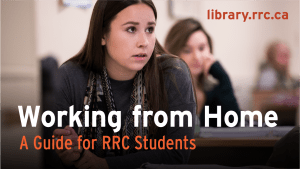
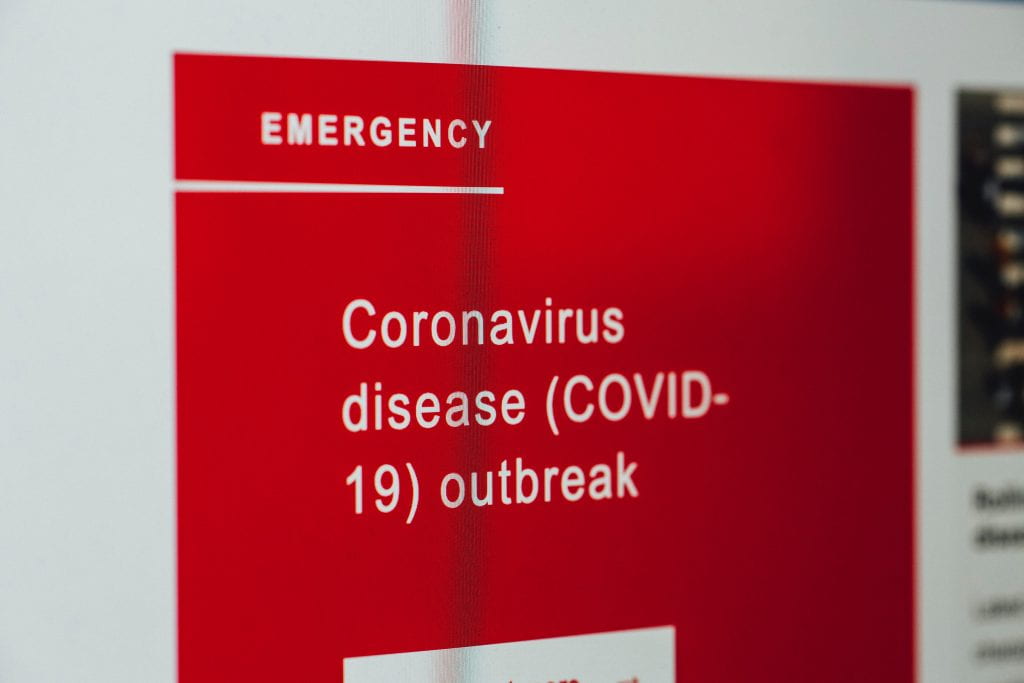

 There are ways to help reduce stress and combat isolation which you may find valuable, such as mindfulness and meditation strategies, fitness apps and virtual social gathering.
There are ways to help reduce stress and combat isolation which you may find valuable, such as mindfulness and meditation strategies, fitness apps and virtual social gathering.




 *Find it faster! Use Control-F (Command-F on Macs) to jump to a keyword or phrase in an article.
*Find it faster! Use Control-F (Command-F on Macs) to jump to a keyword or phrase in an article.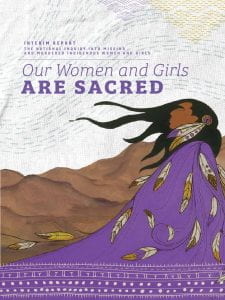
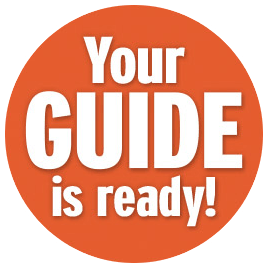 Guides are curated web pages created by our library staff. Many people who are starting to explore a topic aren’t sure where to start – there are so many options and it can be overwhelming.
Guides are curated web pages created by our library staff. Many people who are starting to explore a topic aren’t sure where to start – there are so many options and it can be overwhelming.
